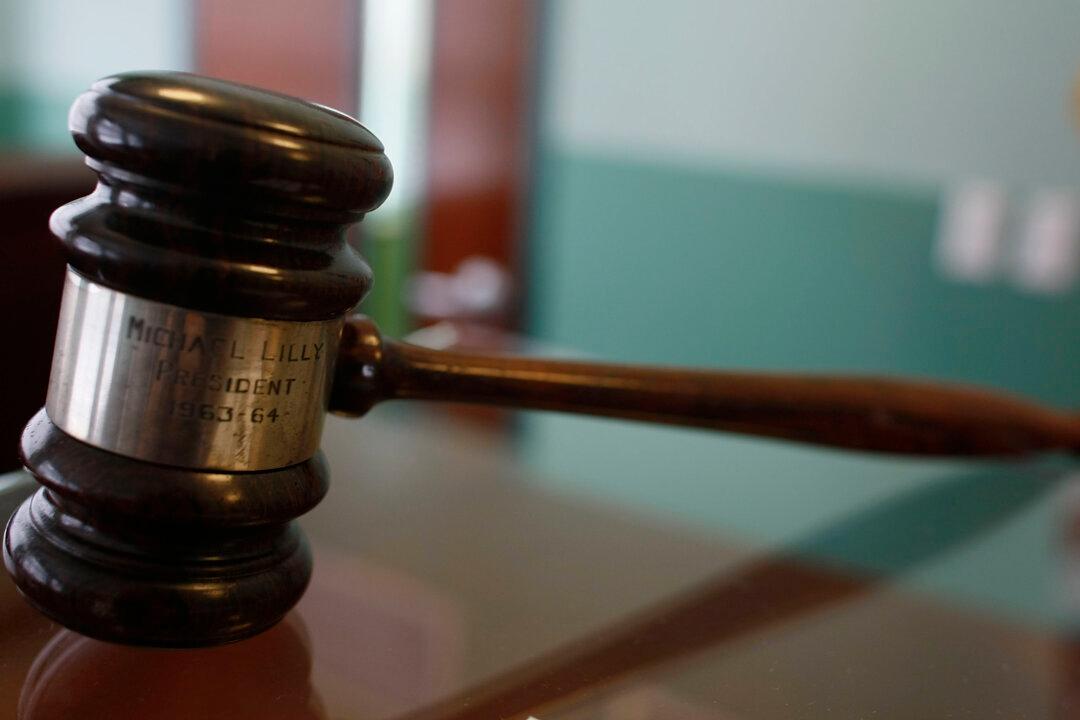The Law Society of Ontario’s leadership election this year had a slate of candidates campaigning against “woke” policies. The election results were announced May 1, and this slate—called FullStop—lost to the opposing Good Governance Coalition.
Good Governance candidates took all 40 of the seats. In the last election, in 2019, the FullStop slate had won 22 of the 40 seats.





